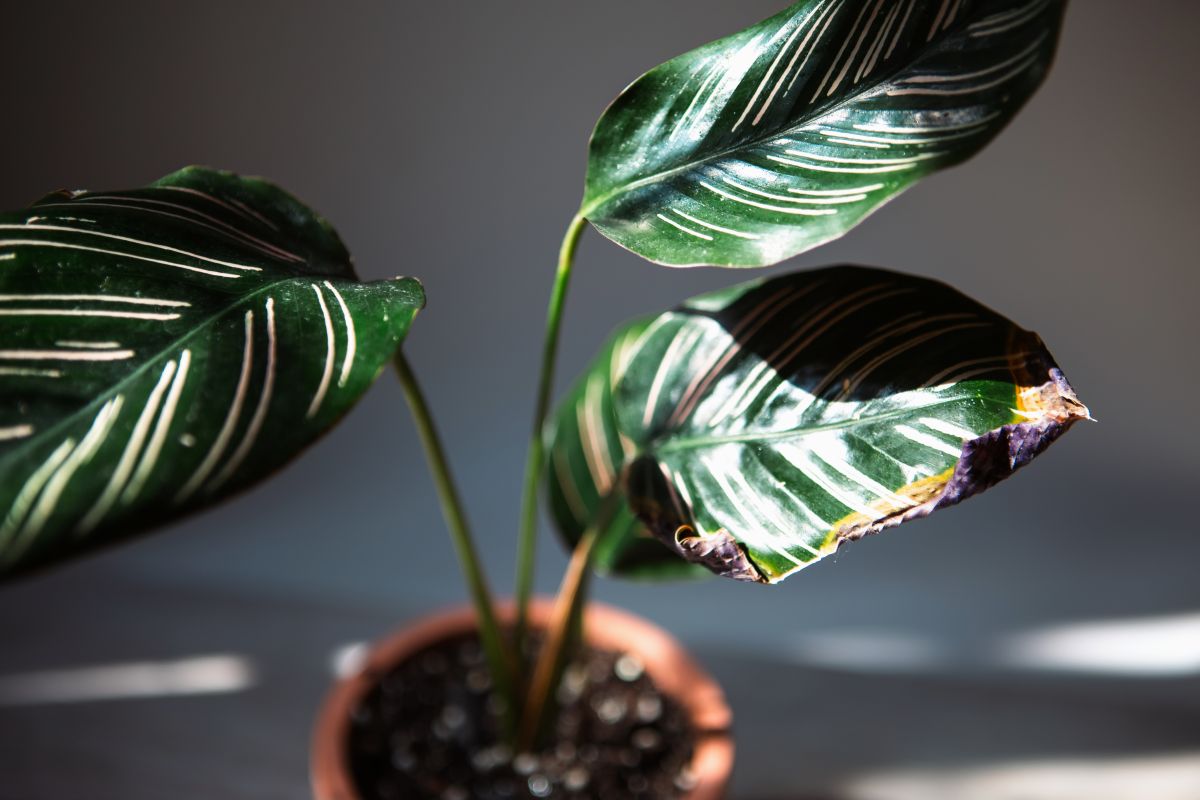Propagating Snake plants in water is an easy project. It is one of the best methods to propagate Sansevieria or snake plants. This is because unlike other propagation methods like soil. Snake plant propagation by water is much faster and much safer.

Benefits of Propagating Sansevieria
Propagating snake plants in general provides a lot of benefits;
- For one, you get to save money when producing another snake plant. It doesn’t cost much as all you would need would be water and scissors.
- Also, this gives the snake plant a fighting chance. Dying or damaged snake plants can still be propagated to create new ones. This helps by providing a better use for the potted plant than disposing of them.
Steps On Propagating a Snake Plant in water
The most items you would need when propagating snake plants include;
- Snake plant
- A pair of scissors or knives
- A few Jars with water in them
- Time
Step 1. Use a healthy plant

Before choosing to propagate the exotic plant, always aim to use a healthy leaf. You can use leaves with minor damages like a scar or light sunburn. But do not use leaves that show pure signs of rots.
Avoid leaves that are damaged by pests. These are easy to notice, as they appear yellow or can be riddled with tiny spots.
Step 2. Nip the leaves at their base

Sterilize your scissors or knives. This helps keep the plant healthy and prevents harmful fungi from building up on the old plant. With that being done, search for the leaf you intend to cut. Once you’ve found it, trace it down to its base and cut it clean.
A clean cut improves the possibility of developing healthy roots. It also reduced the damage you caused to the original plant. So always keep your tools sharp and clean.
It helps to further cut the leaf into smaller portions. Doing this increases the number of snake plants you can produce. At most, 4 separate cuttings should be enough.
Step 3. Dry the Snake plant cuttings

Keep the snake plant cuttings away from water for a few days. This helps prevent the plant from rotting by letting it callous over. To further help the snake plant cuttings develop stronger roots. Try applying root gel.
Step 4. Place the Snake plant Cuttings in Water

After a few days of drying your cuttings, you can place them in water. Fill the jars with room temperature water. The jars should be at most 30% filled.
Using room temperature water reduces the chance of stressing the cuttings. This water should be changed often. At least every 3 weeks.
Cover the lower end of the cutting before placing it in water. Ensure the base of the cutting does not touch the end of the jar. Also, try using a jar with a narrow base. This would hold the snake plant cuttings in place.
It is essential that cuttings’ roots are kept moist always. You can achieve this by placing a small plastic bag over the jar. This would help retain moisture.
Step 5. Use the right location

An ideal location would be needed to keep the jars in. Ensure whatever location you choose gets enough sunlight to promote strong growth. However, it should not be too strong as it would scorch the plant.
An east-facing window should be fine. This provides access to bright but filtered sunlight. You can move the jars away from the window if you suspect excess light.
Step 6. Wait for new plant growth

The waiting period is a long one. It can range from mere weeks to months. The longer the better,
Be on the lookout for tiny white nubs at the base of the cuttings. This is a good sign, it means the baby snake plant is on the way.
Step 7. Pot the baby Snake plant

Once the snake plant’s cuttings reach 2 to 4 inches in height. Consider moving them to a new pot. This new pot should have enough drainage holes at its base.
The new pot should be filled with a healthy, well-draining potting mix. This mix should contain some perlite and peat moss to improve aeration.
Frequently Asked Questions
Watering should be done at moderate levels. Once in 2 weeks should be enough.
They possess long slender leaves. These leaves are green and each has grayish streaks on them.
A snake plant suffering from root rot would have black mushy leaf bases.
It is best to propagate snake plants through leaf cuttings in water.
This often happens when you use excess water in the jars. Try reducing the water and use a healthy snake plant cutting.





